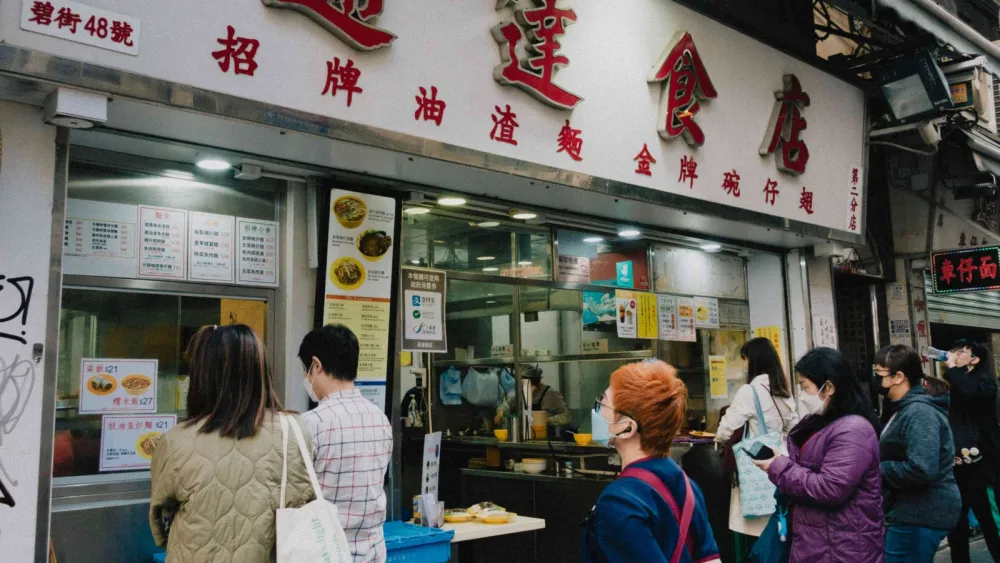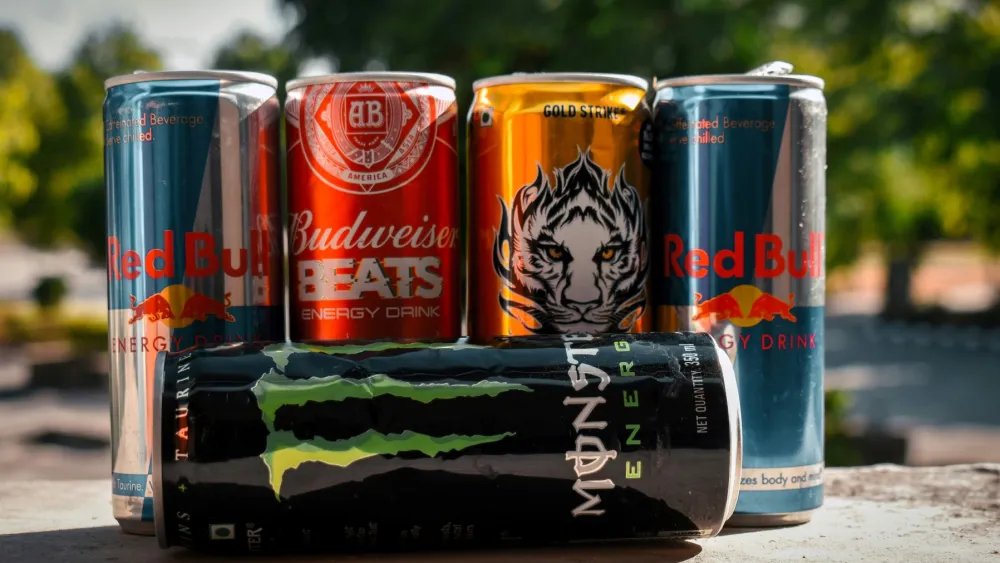Maintaining a rich seafood market in Hong Kong
By Adam SolimanHong Kong offers some of the best food in the world. To maintain this reputation, Hong Kong chefs strive to serve high-quality foods. Food quality, however, is not a matter of taste alone. Quality food should also be nutritious, sustainably produced, and ethically harvested.
Many in Hong Kong realize that the city’s high demand for seafood contributes to the depletion of the world’s fish stocks.
Therefore, many chefs are serving and advertising “ocean-friendly” seafood choices. Several environmental organizations have created guides that rank a variety of seafoods in categories such as green (“recommended”), yellow (“think twice”) and red (“avoid”).1
Most rankings place bluefin tuna, shark, tropical prawns and swordfish in the “avoid “category due to both the destructive fishing practices used to catch these species and their declining population.
For at least one seafood, traditional cultural practices run counter to sustainability goals. Traditionally, shark fin soup is served at events such as weddings to symbolize the status of the host. The shark fin trade, however, has driven many top-feeding shark species close to extinction.
Many fishermen merely cut off the shark's fins and throw the animal back into the ocean, where it drowns. Luckily, a growing number of Chinese newly-weds are eliminating shark fin soup from their banquet menu.2
Thus far, requests for a fin-free menu only consist of five percent of all wedding banquets in Hong Kong, but hopefully this figure will increase. Many chefs are coming up with extravagant alternatives to shark fin soup for Chinese banquets,3 and numerous hotel chains and restaurants, including the Shangri-la group, the Aberdeen Marina Club and Marriot Hotels, no longer serve it.4
Some species, such as cuttlefish, shrimp, anchovies and cod, are categorized as “avoid” because they are generally harvested by trawling.
Trawlers scrape the seabed with huge nets, severely damaging marine ecosystems and collecting large amounts of 'by-catch': other marine species that die in the nets and are dumped back into ocean.
As of 2013, trawling has been banned in Hong Kong waters in order to protect the marine habitat.5 Marine biologists predict that in five years, the trawling ban will allow populations of squid and cuttlefish to increase by 40 percent, reef fish by 10 to 20 percent and larger fish (e.g., groupers) by 30 to 45 percent.
Another initiative that would support sustainable seafood consumption is the creation of Community Supported Fisheries (CSFs). CSFs enable small scale fishermen to sell directly to consumers, thereby connecting consumers to a local food source.
CFSs tend to support sustainability, because local small scale fishermen, unlike the large commercial operations that supply most supermarkets, rarely use such practices as trawling.
CSFs also offer consumers traceability: The consumers know which fisher caught and sold the seafood. This will make fishermen more accountable. Furthermore, as awareness about sustainable seafood grows, consumers will base their choices partly on where their seafood comes from and how it was caught.
Thus, traceability will increasingly add value to fish products. Moreover, CFSs can increase social and economic equity and grow the domestic economy by drawing more business to small scale, local fishermen.
_____________________
1 Eliza Barclay, “Hong Kong Chefs Join Sustainable Seafood Initiative,” Tree Hugger, 5 Dec. 2008. https://www.treehugger.com/green-food/hong-kong-chefs-join-sustainable-seafood-initiative.html (accessed 5 Feb. 2013).
2 Meagan Fitzpatrick, “Hong Kong Brides Say 'I Don't' to Shark Fin Soup” CBC News, 6 Feb. 2013. https://www.cbc.ca/news/world/story/2013/02/04/fitzpatrick-hong-kong-shark-fin.html (accessed 9 Feb. 2013).
3 Nan Hie In, “Fin de fin: Hong Kong Restaurants Offer Alternatives to Shark's Fin” South China Morning Post, 29 Jan. 2013. https://www.scmp.com/lifestyle/food-wine/article/1129430/fin-de-fin-hong-kong-restaurants-offer-alternatives-sharks-fin (accessed 11 Feb. 2013).
4 Nan Hie In, “Fin de fin: Hong Kong Restaurants Offer Alternatives to Shark's Fin” South China Morning Post, 29 Jan. 2013. https://www.scmp.com/lifestyle/food-wine/article/1129430/fin-de-fin-hong-kong-restaurants-offer-alternatives-sharks-fin (accessed 11 Feb. 2013).
5 “Trawling ban in Hong Kong waters hopes to increase fish numbers” WWF, 8 Jan. 2013. https://wwf.panda.org/wwf_news/?207210/Trawling-ban-in-Hong-Kong-waters-hopes-to-increase-fish-numbers#.UQlcHL0t65I.twitter. (accessed 11 Feb. 2013).




















 Advertise
Advertise










